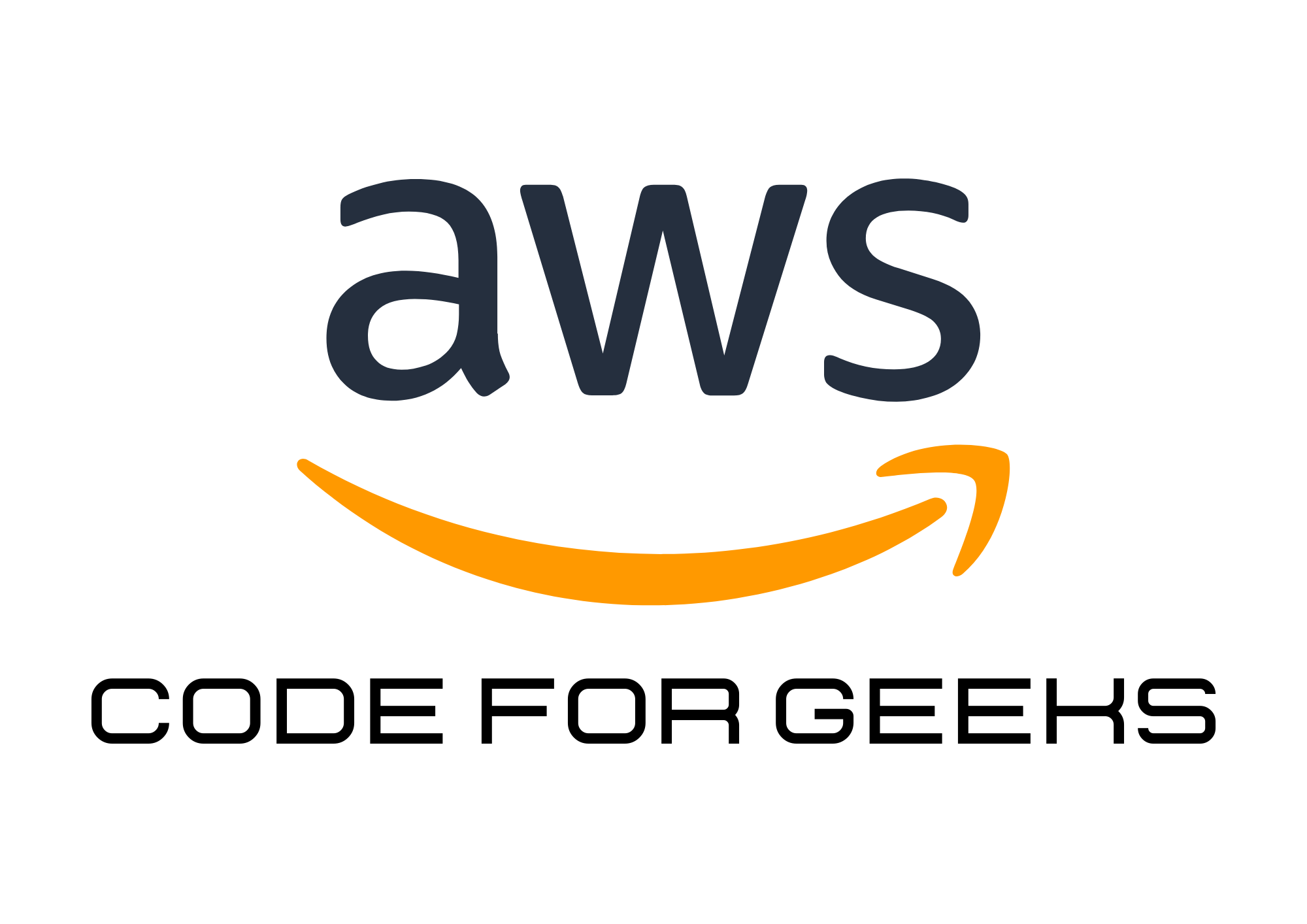The Container Craze
Containers have taken the tech world by storm. They let you package your applications with all their dependencies, making deployment easier, faster, and more consistent. But if you’re using AWS, you might be wondering: Should I use ECS or EKS?
Both are powerful container orchestration services, but they’re designed for different use cases. Let’s break it down so you can pick the right one for your project.
What is Amazon ECS?
Amazon Elastic Container Service (ECS) is a fully managed container orchestration service. It’s deeply integrated with the AWS ecosystem, making it an excellent choice for running containerized applications without much hassle.
Why Choose ECS?
- AWS Native: ECS integrates seamlessly with AWS services like Fargate, CloudWatch, and IAM.
- Simpler Management: You don’t need to worry about managing the control plane or Kubernetes complexities.
- Fargate Support: Run containers without managing servers—just specify your task, and AWS handles the rest.
Best For:
- Teams already familiar with AWS.
- Simple containerized apps that need quick and easy deployment.
What is Amazon EKS?
Amazon Elastic Kubernetes Service (EKS) is a managed Kubernetes service. Kubernetes is an open-source container orchestration platform that’s powerful but comes with a learning curve.
Why Choose EKS?
- Kubernetes Compatibility: If your team loves Kubernetes or you’re migrating from an on-prem Kubernetes setup, EKS is a natural fit.
- Multi-Cloud Flexibility: Use Kubernetes to run workloads across AWS, on-premises, and even other cloud providers.
- Customizability: EKS offers more control over configurations compared to ECS.
Best For:
- Teams experienced with Kubernetes.
- Applications requiring multi-cloud setups or complex orchestration.
Head-to-Head Comparison: ECS vs. EKS
| Feature | ECS | EKS |
|---|---|---|
| Ease of Use | Simplified, AWS-native experience. | Steeper learning curve with Kubernetes. |
| Orchestration Tool | AWS proprietary. | Kubernetes (open source). |
| Multi-Cloud Support | AWS only. | Multi-cloud and hybrid options. |
| Serverless Options | Fargate support for serverless. | Fargate support for Kubernetes. |
| Customizability | Limited compared to EKS. | Highly customizable. |
| Integration | Deep AWS service integration. | Kubernetes ecosystem and AWS services. |
Real-Life Scenarios
When to Choose ECS:
- Startup Launching a Simple App
A small startup wants to deploy a basic web app without managing infrastructure. ECS + Fargate is the perfect combo for simplicity and low overhead. - Retail Website with Predictable Traffic
An online store with predictable seasonal traffic can use ECS for its ease of scaling and cost efficiency.
When to Choose EKS:
- Enterprise with Multi-Cloud Needs
A multinational company wants to run workloads across AWS and an on-prem Kubernetes cluster. EKS offers the flexibility they need. - AI/ML Pipeline Using Kubernetes
A data science team already running Kubernetes workloads on GCP wants to migrate to AWS. EKS lets them continue using Kubernetes seamlessly.
What About Fargate?
Both ECS and EKS support AWS Fargate, a serverless option for running containers. With Fargate:
- No need to manage underlying EC2 instances.
- You focus on your containers, while AWS handles the scaling and infrastructure.
Use Fargate if you:
- Want a truly serverless container solution.
- Don’t want to deal with cluster management.
Choosing the Right Tool
Here’s a simple way to decide:
- Go with ECS if:
- You want a quick, AWS-native solution for running containers.
- Your team isn’t familiar with Kubernetes.
- Go with EKS if:
- You’re already using Kubernetes or need multi-cloud capabilities.
- Your app requires advanced customizations or hybrid deployments.
Conclusion: The Right Choice Depends on You
Both ECS and EKS are fantastic container orchestration tools, but the right one depends on your needs, experience, and use case. If you’re an AWS enthusiast looking for simplicity, ECS is your friend. If you’re a Kubernetes pro or need multi-cloud flexibility, EKS is the way to go.
Still not sure? Start with ECS—it’s beginner-friendly and easy to learn. As your needs grow, you can explore EKS for more advanced setups. Happy containerizing!

